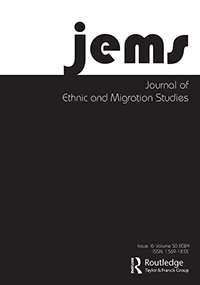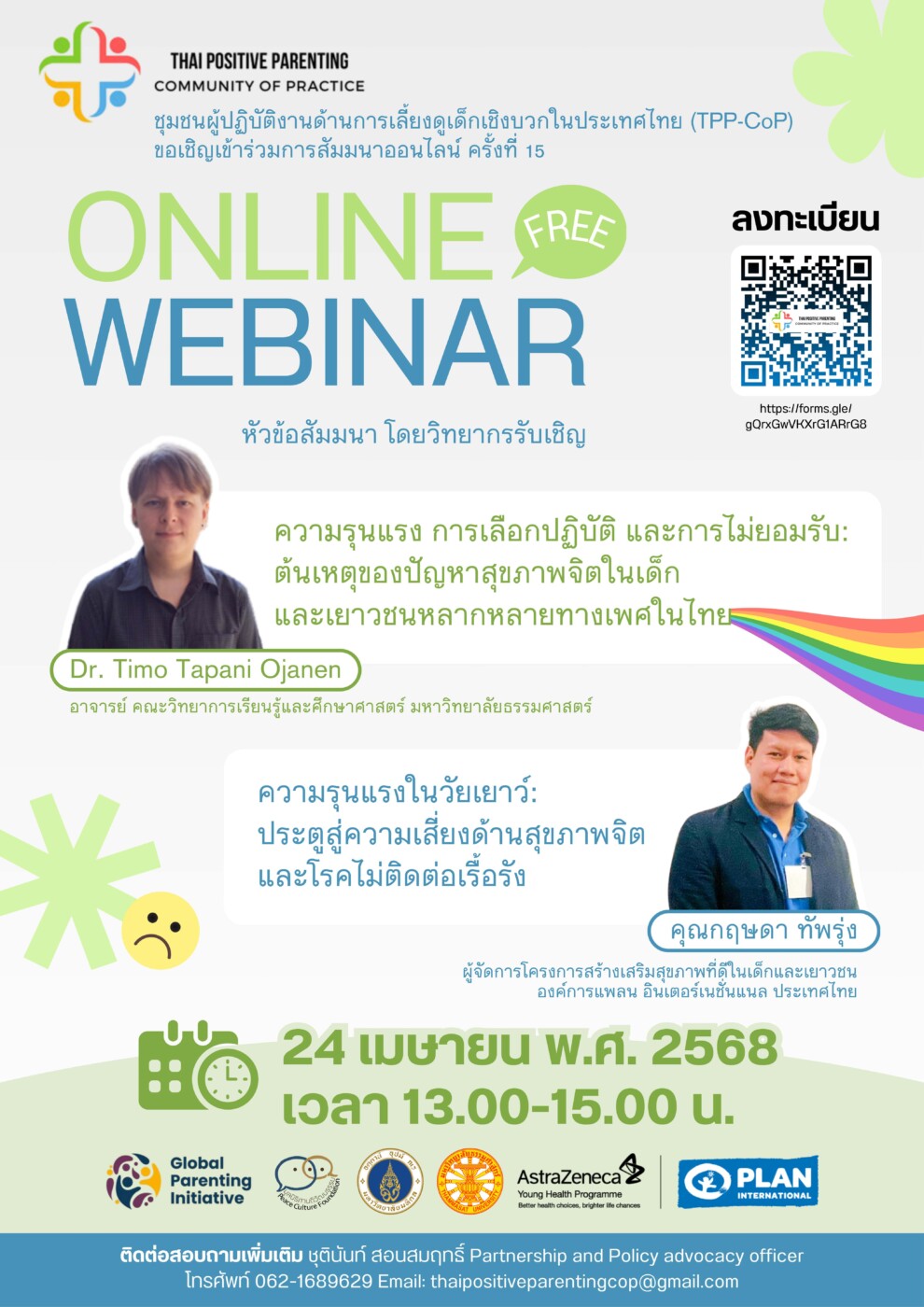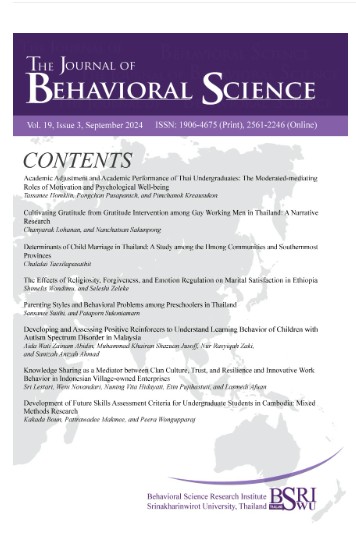Abstract
ในช่วงไม่กี่ทศวรรษที่ผ่านมา อัตราการอพยพของประชากรในเอเชียตะวันออกเฉียงใต้เพิ่มขึ้นอย่างรวดเร็ว หลักฐานเชิงระยะยาวที่เกิดขึ้นใหม่ชี้ให้เห็นว่า การอพยพของพ่อแม่ส่งผลกระทบต่อการศึกษาและความเป็นอยู่ของลูก อย่างต่อเนื่อง อย่างไรก็ตาม ยังมีความเข้าใจจำกัดเกี่ยวกับผลกระทบของการอพยพของพ่อแม่ในวัยเด็กที่ส่งผลต่อ การเปลี่ยนผ่านสู่วัยผู้ใหญ่ของเยาวชน การศึกษานี้ใช้ข้อมูลแบบสำรวจจากสองช่วงเวลา (2008–2010 และ 2019) จาก 872 ครัวเรือนในประเทศไทย เพื่อประเมิน 1. ผลกระทบระยะยาวของการอพยพของพ่อแม่ ต่อกิจกรรมแรงงาน การแต่งงาน และการมีบุตรของเยาวชน 2. ผลกระทบที่แตกต่างกัน ตามประเภทของพ่อแม่ที่อพยพ (พ่อ, แม่, หรือทั้งสองคน) และลักษณะของการอพยพ (อพยพภายในประเทศหรือต่างประเทศ) Results: การอพยพของ มารดาหรือทั้งพ่อและแม่ร่วมกัน (maternal/biparental migration) ส่งผลกระทบต่อกิจกรรมแรงงานของเยาวชนและอายุเมื่อแต่งงานมากกว่าการอพยพของบิดาเพียงคนเดียว ผลกระทบเหล่านี้เห็นได้ชัดเจนกว่าในกลุ่ม เยาวชนชายมากกว่าเยาวชนหญิง ผลของการอพยพของพ่อแม่ต่อการเปลี่ยนผ่านสู่วัยผู้ใหญ่ของเยาวชน แตกต่างกันไปตามลักษณะของการอพยพ เช่น การอพยพภายในประเทศ (internal migration) หรือการอพยพไปต่างประเทศ (international migration) ผลลัพธ์เหล่านี้เน้นให้เห็นว่า ผลกระทบระยะยาวของการอพยพของพ่อแม่มีความแตกต่างกันตามเพศของเยาวชนและบริบททางสังคม งานวิจัยนี้จึงให้หลักฐานเชิงประจักษ์ใหม่เพื่อพัฒนาความเข้าใจเกี่ยวกับรูปแบบการเปลี่ยนผ่านที่หลากหลายของเยาวชนในเอเชียภายใต้บริบทของการอพยพของพ่อแม่
Keywords การอพยพของพ่อแม่, เด็กที่ถูกทิ้งไว้ข้างหลัง, การเปลี่ยนผ่านของเยาวชน, ประเทศไทย
Author เหยา ฟู (Yao Fu) อารี จำปากลาย (Aree Jampaklay) เฉิง โจว (Cheng Chow) ลูซี่ พี. จอร์แดน (Lucy P. Jordan)
Methods: การสำรวจ (Survey)
Journal Journal of Ethnic and Migration Studies
Year: 2024 2024
Link for more information:https://www.tandfonline.com/doi/full/10.1080/1369183X.2024.2328578




